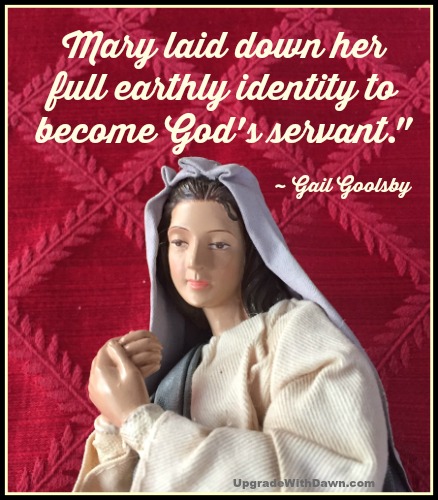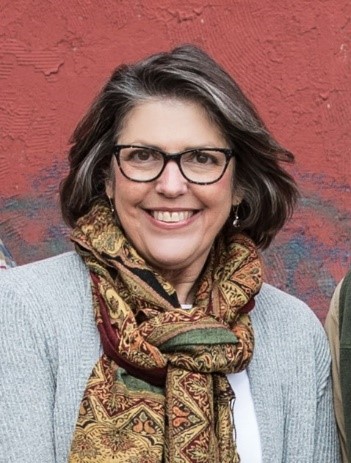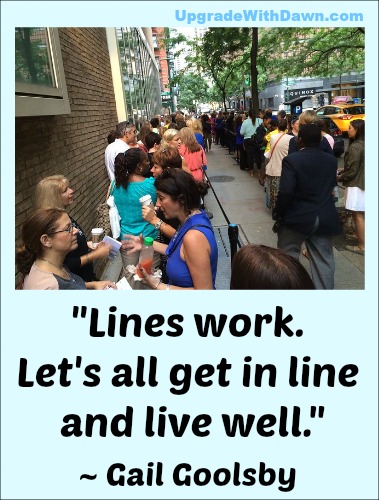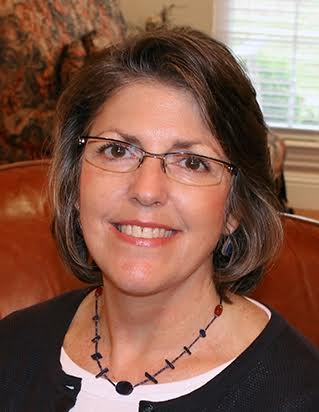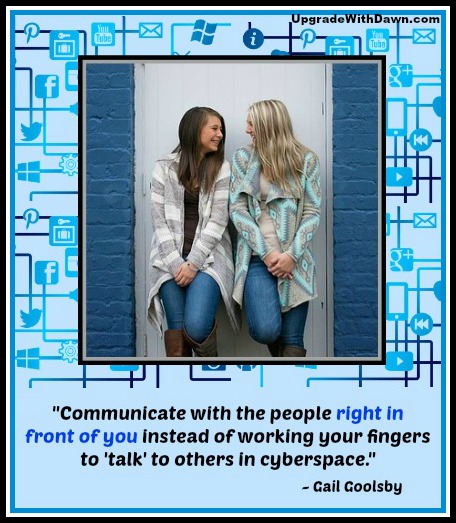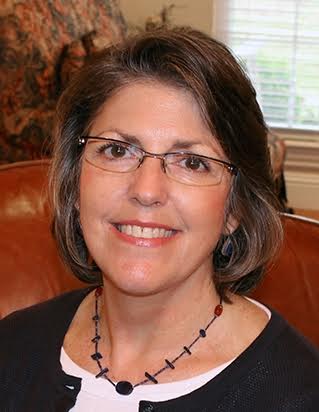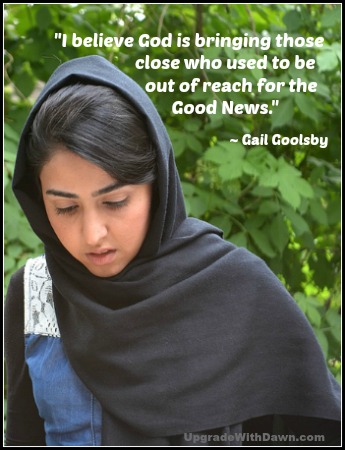God in Three Persons Speaks to Us
Gail Goolsby always challenges my thinking, and in this article, she doesn't disappoint. Her Biblical Thinking UPGRADE encourages us to consider how the three persons of God are speaking, so we can find guidance in the tough questions of life.
“The concept of the Trinity is confusing and denied by many religions,” Gail said. “While living among Muslims in Afghanistan, I avoided this theological topic altogether.”
At first, I (Dawn) was taken back by Gail's words. Why would anyone avoid the topic of the Trinity, one of the basic foundation truths in scripture? But then Gail clarified—we can teach the concept without saying the word, "Trinity."
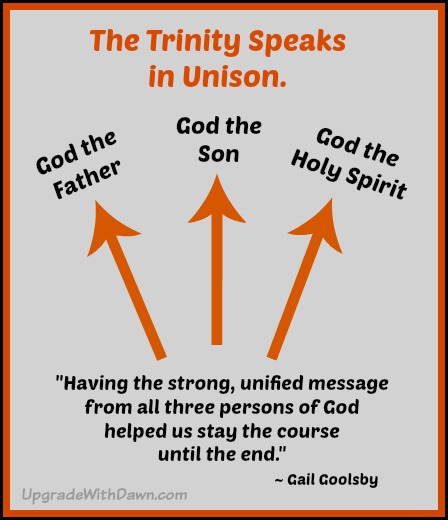
Gail continues . . .
While the Bible doesn’t use the word Trinity specifically, we find many references to God as Father, Jesus as His son, and the Holy Spirit—separate persons.
The occasion of Jesus’ baptism (Matthew 3:16-17) identified all three as the Father spoke from the heavens and a dove symbolizing the Spirit descended on Jesus.
Needing to Hear from God
My husband and I sat at a picnic table on the lovely grounds of CBN University (now Regent University) in Virginia Beach in the early 1980’s. We were with a group of prospective graduate students.
The outdoor BBQ supper allowed guests to meet casually with faculty to ask questions and see if this was God’s plan for their further education.
The dean of the newly acquired law school at CBNU was Herbert Titus, a former ACLU lawyer now radically transformed as a Christian.
He sat before us in his tailored suit, French-cuffed white shirt, and yellow silk tie. With an inviting smile, he patiently listened to our life stories and present wonderings about a major life change.
“I first considered seminary about three years ago,” my husband related, “but it wasn’t the right time for us in many ways.”
With two young children and another on the way, I was still wondering if the time was right.
“How do you know when God is directing, and not our own wills?” my husband eventually asked Dean Titus.
I have never forgotten his reply.
"The Trinity Speaks in Unison."
Dean Titus shared with us how he and his wife of three decades made their decisions since embracing Christ as Savior:
“We look for answers from each person in the Trinity, and wait until the three parts line up in harmony.”
1. God, the Father of All Circumstances
He started by pointing to creation, God’s divine plans for the children of Israel and the sending of His Son, Jesus.
“I don’t subscribe totally to the open door-closed door method of decision-making, because situations change. It can be dangerous to depend on circumstances alone,” he explained.
“But we absolutely look wisely and thoroughly at what is happening around us, the needs of our family and finances.
"God speaks through our environment which He determined for us.”
2. God, the Son—the Living Word
Dean Titus went on to remind us that Jesus is Truth and represents God’s will and word for us in the flesh.
“Having the written Word for us to study, memorize, and refer to at any time is a gift to knowing God and His will for our lives," he said. "My wife and I read it together and separately, sharing what God shows us. These pages offer powerful and trustworthy help in black and white.
“Be specific in asking for such guidance and let the Word speak to your heart and mind.”
He encouraged us: “Write down the verses that come to the surface and investigate them in prayer.”
3. God, the Holy Spirit
Here our mentor told us a bit more of his faith journey and newfound understanding of the role of the supernatural.
“God is clearly a spirit beyond our human understanding and our ties to the physical world," he said. "The power and importance of the Holy Spirit is embraced around the globe more so than the science-based, senses-determined culture of the West.
"My wife and I are late-comers to this knowledge but appreciate the confidence that comes when the Holy Spirit speaks to us.”
Our mentor invited us to not only look for affirmation from the other two leadings—from circumstances and scripture—but also to look for the leading of the Holy Spirit.
And sometimes that comes in unusual ways.
Moving Forward with Confidence
Following our visit, my husband and I did as Dean Titus prescribed and came to believe we were indeed directed by God to pursue seminary training. Those years were extremely difficult and caused us to depend on God in new, sometimes painful ways.
Having the strong, unified message from all three persons of God helped us stay the course until the end.
After working and going to classes full time for four-and-a-half years, my husband earned his MDiv. We left our time in Virginia Beach without debt, with a storehouse of life lessons and more trust in God than ever before.
God is always speaking and offering us guidance. What questions would you like to ask the Trinity, the Father, Son, and Holy Spirit today?
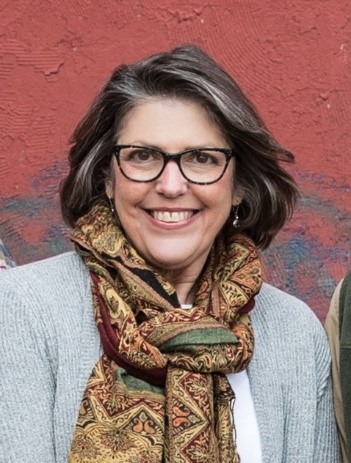 Gail Goolsby, MA, MEd, ACC is a lifelong educator, including past leadership at an international school in Afghanistan, and credentialed life coach with the International Coach Federation. Gail and her pastor husband of 40 years live where the wind blows over the prairie in south Kansas. She counsels and coaches using God’s Word to help others learn to live well. Find out more about Gail on her website, gailgoolsby.com.
Gail Goolsby, MA, MEd, ACC is a lifelong educator, including past leadership at an international school in Afghanistan, and credentialed life coach with the International Coach Federation. Gail and her pastor husband of 40 years live where the wind blows over the prairie in south Kansas. She counsels and coaches using God’s Word to help others learn to live well. Find out more about Gail on her website, gailgoolsby.com.
 Post a Comment → Posted on
Post a Comment → Posted on  Tuesday, March 12, 2019 at 9:45AM
Tuesday, March 12, 2019 at 9:45AM  Direction,
Direction,  Gail Goolsby,
Gail Goolsby,  God the Father,
God the Father,  God the Holy Spirit,
God the Holy Spirit,  God the Son,
God the Son,  Guidance,
Guidance,  Trinity,
Trinity,  Unity in the Trinity,
Unity in the Trinity,  Upgrade with Dawn,
Upgrade with Dawn,  Wisdom Upgrade Your Life
Wisdom Upgrade Your Life  Biblical Thinking
Biblical Thinking 




